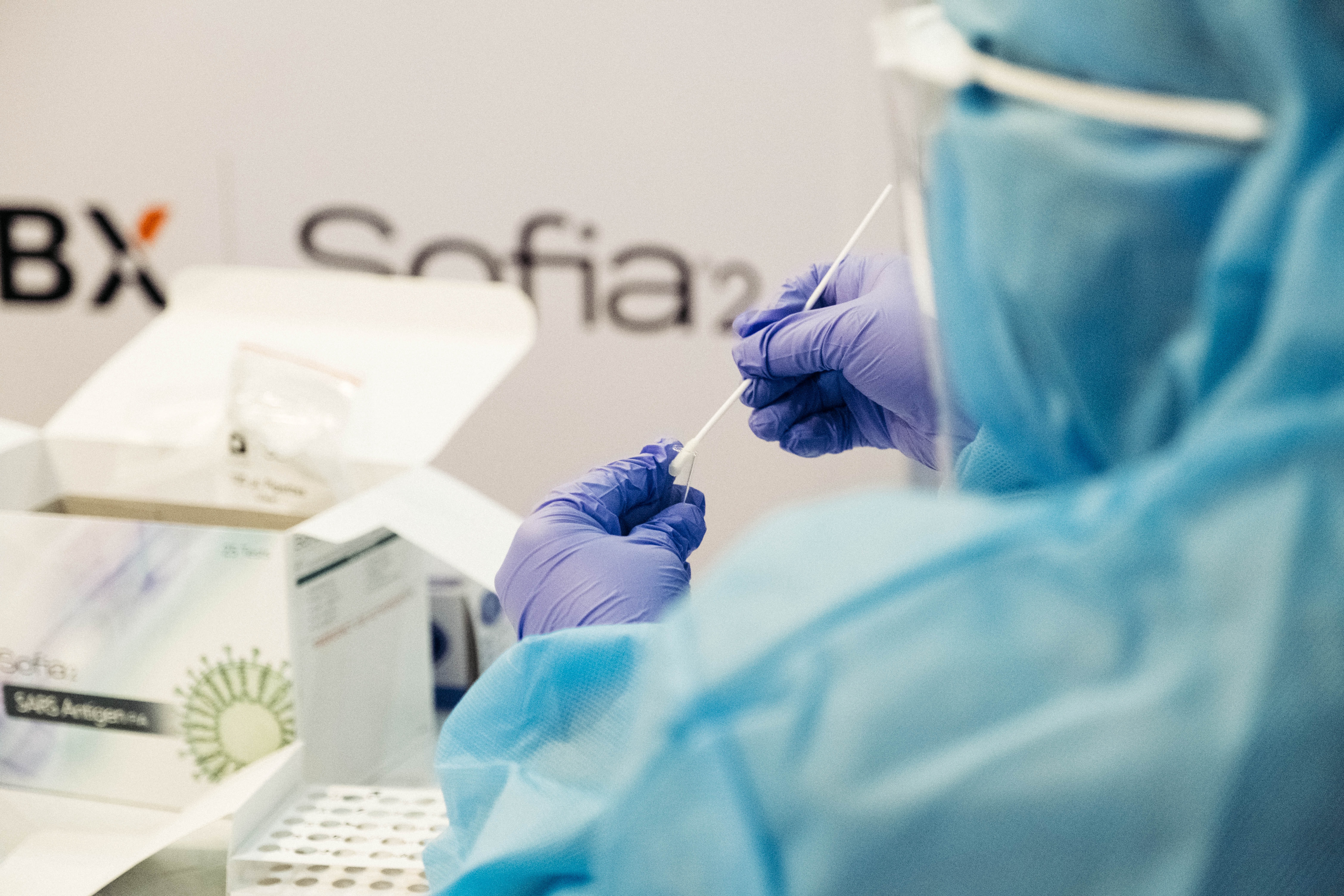
On March 25, 2021, the Ministry of Health and Social Protection issued Resolution 392 of 2021 (the “Resolution”) to update the general biosecurity measures set for the management of Covid-19 in Colombia.
The main novelties included in this regulation are mentioned below:
1. Scope
The Resolution extended the scope of the general biosecurity measures to the following groups:
a. Public and private employers and employees.
b. All economic sectors and government entities.
c. Administrators of Labor Risks (ARL).
d. Social and economic activities carried out by citizens in general.
2. Removal of biosecurity measures
The following biosecurity measures are suspended:
a. Footwear disinfection.
b. Temperature monitoring of clients, suppliers, and visitors.
c. Registration of persons when entering a facility.
These measures are no longer mandatory when implementing the general biosecurity protocol (Resolution 666 of 2020), nor in the rest of the protocols stipulated by the Ministry of Health for certain economic sectors.
3. Employees' health monitoring
Regarding the monitoring of employees' health under the Occupational Health and Safety Management System, the following points, among others, are included:
a. Promote self-care and identification of Covid- 19 symptoms among employees.
b. Train employees in the respiratory etiquette implementation. (no longer applicable to suppliers and/or clients).
c. Set up a digital mechanism for verifying the health status of employees (no longer applicable to suppliers and/or customers).
d. A minimum periodicity of 3 hours for employees’ hand washing
e. Consolidate and keep updated a complete database with the information of the employees and other staff who provide their services in the company.
f. Set up a digital verification and control system, to be activated when an employee reports a positive result for Covid-19. In such system each employee should record all persons and places visited inside and outside the company during the last 10 days.
4. Training and information sharing
Employers must train and periodically inform their employees on the following topics:
a. Prevention measures (physical distance, proper hand washing, covering nose and mouth with elbow when coughing).
b. Adequate use of personal protective equipment.
c. Identification of Covid-19 symptoms (fever, dry cough and difficulty breathing).
When these activities take place on-site, they should be carried out in groups of no more than 5 people.
5. Measures for Covid-19 prevention
Among the measures considered most effective in preventing transmission of Covid-19 are:
a. Adequate ventilation.
b. Permanent use of masks.
c. Physical distance.
d. Frequent hand washing.
e. Restricting the access of employees' accompanying persons to the workplace.
f. Use CoronApp.
g. Ensure that all employees are affiliated to the Social Security System, as well as require that indirect workers who provide services for the company comply with this requirement.